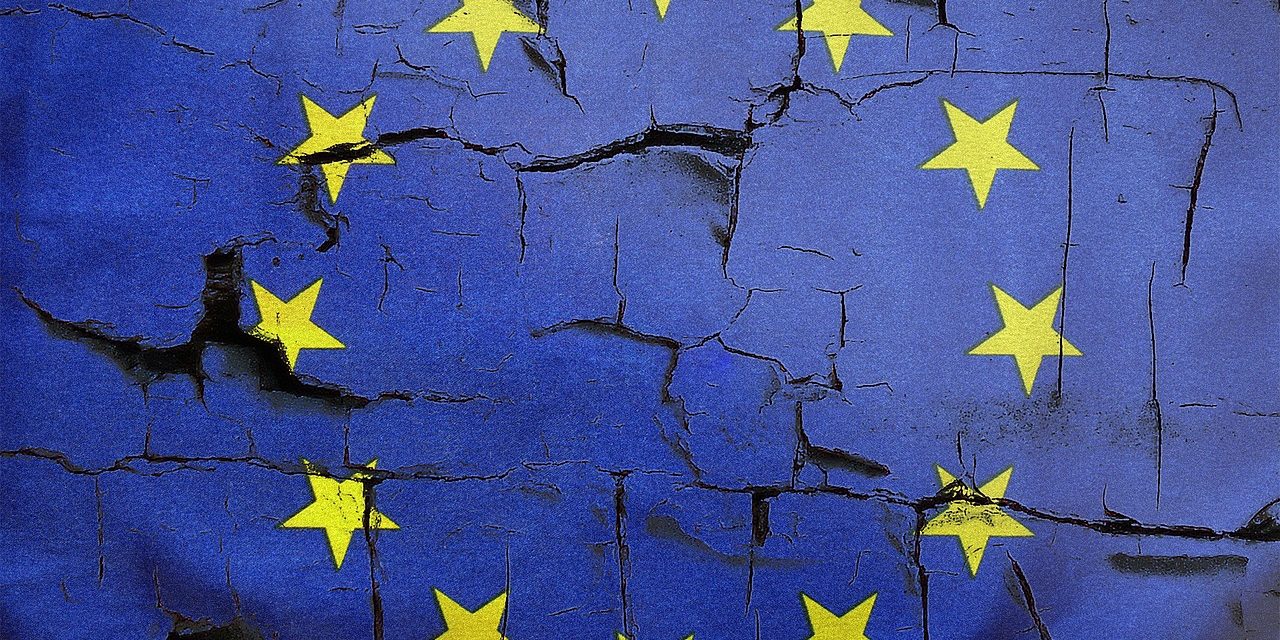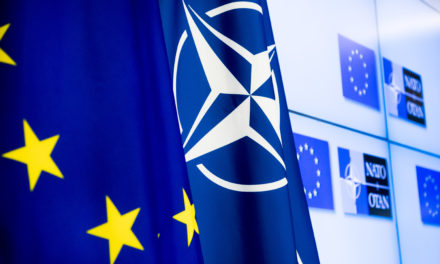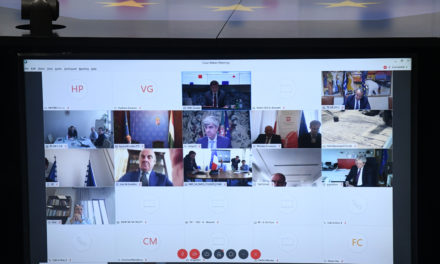The nomination of France’s former defence Minister Sylvie Goulard proves new Commission President Von der Leyen’s vision of a more integrated Franco-German led European collective defence. The new Directorate General for Defence, Industry and Space to be now instituted in Brussels, marks a concrete new step towards the development of Europe’s 100 bn a year defence industry and a genuine European Defence Union. With decision powers in the fields of security and defence resting mainly with the member states and spreading over the European Union’s institutions and agencies, notably PESCO (Permanent Structured Cooperation) and the EDF (European Defence Fund), the new Directorate General will provide a link between these various actors and coordinate a possible future single EU headquarters for military operations under the Commission’s helm. In this significant move, Mrs Von der Leyen has backed the creation of an “army of the Europeans” which is in line with Mrs Merkel’s long time ambition to “establish a real European army one day” and with Mr Macron’s policy, who has been calling on the bloc to step up its over-reliance on Washington and the Anglo-Saxon world as a military backstop, by seeking for more European strategic autonomy in defence. Mr Macron’s proposal for an EU army “to protect against threats from Russia, China and the US” was however recently referred to as being “deeply insulting “ by US President Trump. Both Mrs Goulard and Von der Leyen, as former defence ministers, will continue to bridge Franco – German differences especially on arm export rules, military interventions and the relevance of an EU institutional framework for closer defence cooperation. Part of the challenge will be to bring other member states on board, particularly Eastern and European governments who, sofar, see deeper collaboration as an unnecessary challenge to transatlantic relations and the stability and protection provided by NATO. As part of the grand unveiling of her new “geopolitical Commission”, the German Commissioner has also urged Mr Borrell, the newly appointed High Commissioner for External Affairs, to “take decisions in a faster and more efficient way”, by overcoming unanimity constraints in the EU decision-making process that would hamper the EU’s foreign policy, adding that, when putting forward proposals “ you (Mr Borrell) should seek to use the clauses in the EU Treaties that allow certain decisions on the Common Foreign and Security Policy to be adopted by Qualified Majority voting.”
More importantly, keeping the UK as a close and important ally in military matters, will be an uphill key task at a time when the EU, for its part, took a belts and braces attitude towards the risk of being seen as rewarding Brexit Britain. Undoubtedly the impact of Brexit on European defence and security matters will be heavily influenced by the broader context of UK-EU policy relations, given the strong cross-channel value chains in defence and aerospace. This, has for instance already led to tension between the UK and the EU Commission regarding future access to the Galileo constellation of positioning satellites. The EU’s attitude vis a vis Washington and other third countries will also be questioned. As specified by Mrs Von der Leyen in her mission letter to Mrs Goulard shortly after her nomination, “I want you to focus on building an open and competitive European defence equipment market”. This echoes Mr Macron who has also called for European countries to build and buy their own hardware alongside greater military spending in NATO.
However, with third country participation in European military projects already in question, the Pentagon has warned the EU against blocking US firms from the Defence Fund as it is meant to cover the development of weapons prototypes, provided that the member states involved commit to acquiring the final “Made in Europe” product. Furthermore, European industry representatives have been urging EU lawmakers to agree to the recently created EDF without delay as a means towards the development of a future European cooperative defence program. The Federal Association of German Industry in particular, has been putting pressure onto the European Parliament to agree to the upcoming budget (MMF) as the DG for Defence is planning to spend 13 bn. on promoting joint procurement in the next seven years from its European Defence Fund.
Notwithstanding the establishment of PESCO, different strategic cultures will continue to hamper, albeit in a minor way, building up a European defence outside or inside NATO in the short term. The UK would thus remain active in the European defence arena through participation in ad-hoc coalitions and the European Intervention Initiative (E12), launched in June 2018 at France’s suggestion, which will also provide a European, non-EU framework in which Britain will be a full partner. Unless the US ceases to invest in NATO, European endeavours will, for the present time, be limited.
However, the EDF is the one defence venture which stands a chance to break with the evolving pattern of limited European security frameworks. The EDF’s budget’s objectives ambitiously aim to support and provide the European-scale acquisition of defence material and the location in the EU of the research and production facilities, by financing via the so-called capabilities window, direct military purposes from 2021-2027.
Britain’s future defence capabilities and foreign policy ambitions will therefore have to take into consideration that, by no longer being a member of the Single Market, its treatment by the EU, will, with all probability, be that of an ordinary third country in EU-funded defence programmes. On the other hand, the EDF, put forward in an effort to move towards integrated European security and defence policy, has seen a difficult negotiation process between EU institutions and member states. This could prove a particular sticking point for Europe’s strive for strategic autonomy and is set to be, from now onwards, on a collision course with the US. Post Brexit is perhaps the right time to open up new vistas for the future of the UK Defence and Foreign Policy. PDF version here The EU security push is going forward amid Brexit




